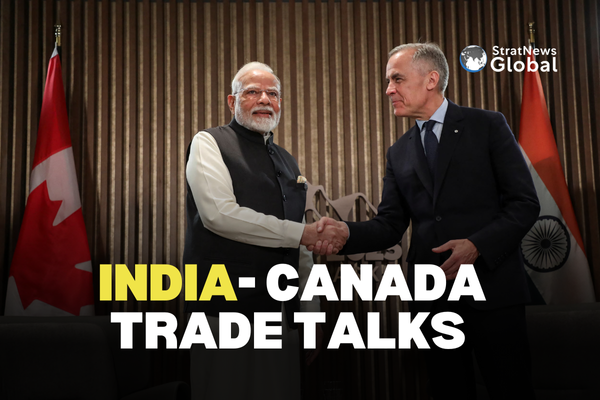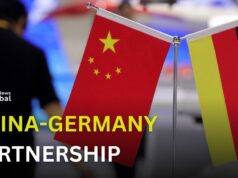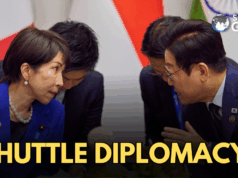Canada and India have agreed to restart long-stalled negotiations for a comprehensive trade deal, signalling a thaw in relations after a two-year diplomatic freeze. The decision came following a meeting between Canadian Prime Minister Mark Carney and Indian Prime Minister Narendra Modi on the sidelines of the G20 summit in Johannesburg, South Africa.
According to a statement from India’s Prime Minister’s Office, the two leaders agreed to relaunch talks on a Comprehensive Economic Partnership Agreement (CEPA) with the goal of doubling bilateral trade to USD 50 billion by 2030.
“Prime Minister @narendramodi and I met at the G20 Summit today, and launched negotiations for a trade deal that could more than double our trade to over C$70 billion,” Carney posted on X. “India is the world’s fifth-largest economy, and that means big new opportunities for Canadian workers and businesses.”
Rebuilding Ties and Expanding Trade Horizons
The resumption of talks marks an important step in repairing ties between Ottawa and New Delhi. Canada halted negotiations in 2023 after accusing India of involvement in the killing of a Canadian Sikh separatist an allegation New Delhi strongly denied.
Despite the tensions, bilateral trade continued to grow modestly. Two-way trade in goods and services reached about C$31 billion (USD 21.98 billion) in 2024, with Canada maintaining a surplus largely due to C$16 billion in services exports. By comparison, Canada’s total trade with China that year was nearly four times higher.
Both sides also reaffirmed their civil nuclear cooperation, including discussions on long-term uranium supply arrangements. The statement noted that the two leaders were committed to expanding collaboration across energy and technology sectors.
Canada’s Push to Diversify Trade
Prime Minister Carney has pledged to double Canada’s non-US exports over the next decade as part of a broader strategy to reduce economic dependence on the United States, its largest trading partner. Strengthening ties with India the world’s most populous nation and a rapidly expanding market is central to that goal.
Speaking earlier on Sunday, Carney described India as a “reliable trading partner,” though he acknowledged that “some sources of friction” may remain. “What we’re looking to do is to put that commercial relationship on a sound footing through a trade agreement that provides protections to businesses on both sides, clear rules, and dispute resolution mechanisms,” he said.
Carney also held talks with Brazilian President Luiz Inácio Lula da Silva at the G20, where the two agreed to accelerate negotiations on a Canada-Mercosur free trade agreement involving Brazil, Argentina, Paraguay, and Uruguay.
The revival of trade talks with India underscores a growing effort by Canada to deepen engagement with emerging economies as it repositions itself in an increasingly complex global trade environment.
(with inputs from Reuters)





